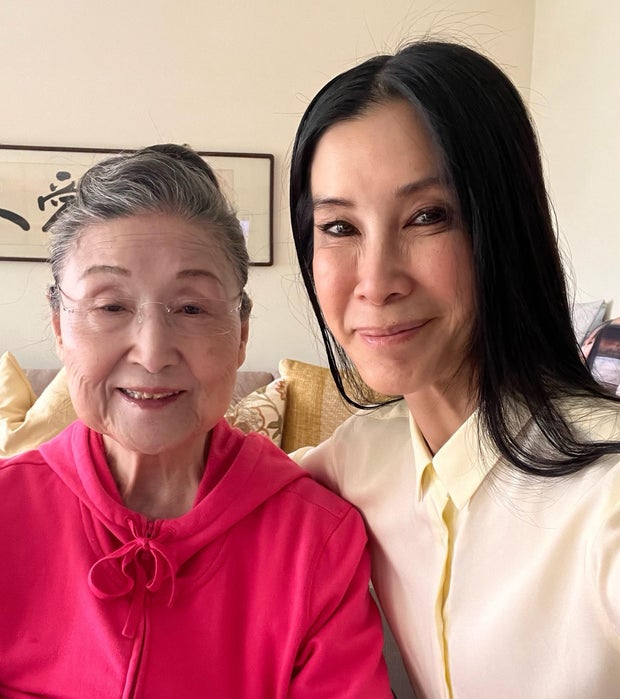Based on her medical condition, Grace Song had been labeled a fall risk by the Southern California nursing home where the 92-year-old spent a month earlier this year. So it was a surprise to her family when they learned she was left alone in the bathroom, fell, and was rushed to the emergency room.
“This is where you feel, how do I get to be so helpless?” Song told her daughter-in-law Lisa Ling, who is a CBS News contributor. Ling began recording her mother-in-law on her iPhone following the incident and Song’s return to the nursing home, a for-profit skilled nursing facility called Berkley East Healthcare Center. Ling’s personal experience informed a parallel effort by CBS News to understand the changing nature of nursing home ownership.
Berkley East is one of the more than 70% of the roughly 15,000 U.S. nursing homes now run by companies seeking to make a profit in a field beset by challenges. A CBS News investigation found Song’s experience was consistent with allegations that the facility had faced a pattern of neglect. And it matched an industry-wide trend toward increasingly complex ownership arrangements that consumer advocates say are endangering fragile patients.
“The vast majority of quality problems in the U.S. are centered in for-profit nursing homes,” said Harvard professor David Grabowski, who told CBS News the ownership structures of for-profits have become more complicated, as investment from private equity firms and real estate companies have poured in.
Most U.S. nursing homes rely on taxpayer money from Medicare and Medicaid — money Grabowski said is becoming more difficult to track.
“We’re kind of flying blind with respect to these nursing homes,” he said. “We really don’t know how they’re using public dollars and whether they’re going into direct resident care.”
There is mounting evidence patients are paying the price. A study released by the federal government in November shows these for-profit facilities tend to have lower quality ratings, fewer registered nurses, and more safety violations.
The study was released in tandem last November with a new regulation by the Biden administration requiring facilities to disclose more information about their management. That rule, along with new minimum staffing requirements scheduled to take effect in June, are central to the administration’s efforts to hold the industry accountable in the wake of the pandemic, where more than 200,000 nursing home residents and staff died due to COVID.
In a statement to CBS News, the American Healthcare Association, a nursing home industry lobbying group, called the federal staffing mandate “unrealistic.” It said while it supports financial transparency and accountability, those matters are “a distraction” from larger issues it says most nursing homes are facing, including chronic government underfunding and worker shortages.
In an August 2023 report, the group said 24% of nursing facilities were forced to close a wing, unit, or floor due to labor shortages.
“The reality is that it is really challenging to run a nursing home, which is why we’ve seen thousands of closures, changes in ownership, and bankruptcies in recent years,” the group wrote in its statement. “It’s because as a country, we’ve failed to adequately support how we finance long term care.”
In 2019, after carving off the facility’s real estate holdings, the operations at Berkley East were taken over by a for-profit company called Aspen Skilled Healthcare, a mid-sized chain of more than two dozen nursing homes. Previously, the facility had been family-run and was operating at a loss.
When Song arrived at Berkley East in January, she described a facility that appeared short staffed. She said she struggled to get their attention, and medication she was told to take promptly at 8 a.m. routinely came hours late.
“So I was pushing the [buzzer], to find out what’s going on,” said Song, claiming some staff members told her she was being difficult. “When you go through all this stress, I’m just so deadly tired,” she said.
Another patient, who shared a room with Song, told Ling she had soiled herself and the staffer who was supposed to change her had gone to lunch.

